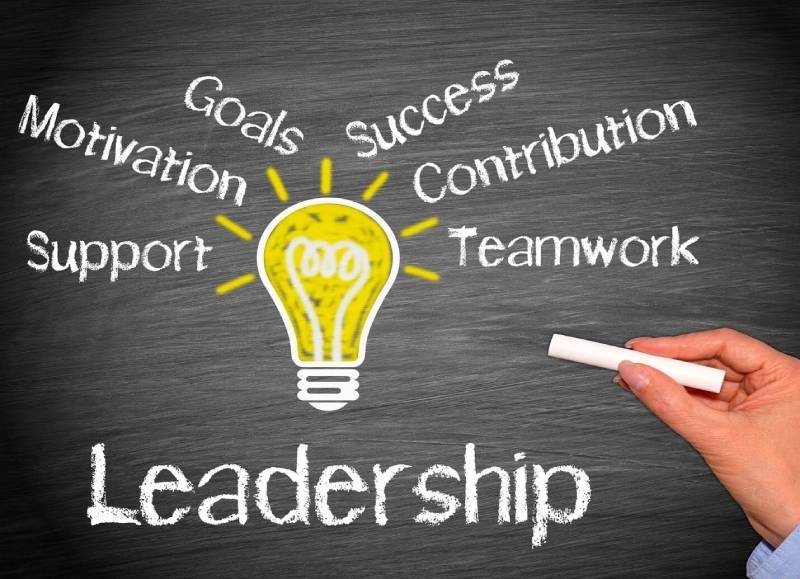Your Attitudes, Behaviours and Habits Drive Your Leadership Competencies
We left off last week saying: “How we manage, how we conduct ourselves when carrying out our management processes, activities and tasks, defines our management-competencies”. We added: “…our attitudes and our consistent-behaviors as a manager define our leadership-competencies. To be competent, you need great management capabilities as well as outstanding attitudes and consistent-behaviors”. There has been some immediate and fascinating comeback on these statements, with many believing it just is not possible to change someone’s attitudes and behaviors.
If someone has bad attitudes, then this is something they are going to live with all their life. And bad attitudes will mean poor behaviors and terrible habits. So the question is; can people-focused leaders help others change attitudes, aid in shifting behaviors and be a catalyst for new habits? The answer is a confident, definite, positive and resounding yes it is possible. To help us understand how leaders can help people change their attitudes, behaviors, and habits it is worthwhile exploring the differences between attitudes and behaviors.
Attitude is a psychological construct based on a mental and emotional entity characterizing a person. Attitudes are our value-stance towards other individuals, issues, events or objects. Acquired through experiences, attitudes are complex: a way of thinking or feeling about something; the point of view; viewpoint; vantage point; a frame of mind; the way of thinking; the way of looking at things; personal outlook; opinions; ideas; convictions; perceptions and interpretations.
Given attitudes are molded by those we admire, respect and wish to emulate; they are not only formed from past experiences, but also from the present. And attitudes can change dramatically given what is occurring in the present. Our attitudes are also shaped by those we fear or loathe; ‘I don’t want to act like THAT person’. Attitudes are unstable, open to be changed. With positive influences, attitudes can be changed for the better. Conversely, with negative influences, attitudes can change for the worse. Imagine you had a supportive leader, a people-focused supervisor who was suddenly removed from the post and replaced by a narcissist bully who took all the credit for themselves, did not work hard, was a poor time-keeper and did not know how to recognize good work, appreciate others and never praised anyone.
Your attitudes towards your work would change for the worst almost immediately. And this shift would influence your behaviors from your own time-keeping, how much you showed initiative and just how positive you were about the organization. Behaviors, therefore, are the ways in which we act or conduct ourselves based on our attitudes; our deportment, bearing, and etiquette. How we behave is a manifestation of our attitudes towards the other person, issues, events or objects. People judge us on our behaviors, not on our attitudes.
They may say ‘…you have a bad attitude…’ but what they mean is your behaviors indicate you have a bad attitude. Others cannot see your knowledge. Nor can they see your experiences. Others may have a sense of your skills and capabilities but can only judge you on your behaviors, which are projections of your attitudes. If attitudes can be changed, then behaviors can also be changed. Imagine your new narcissist boss begins to keep better time. You are suddenly praised for all your innovative efforts by the narcissist bully’s superior because she realizes what you have historically been doing. And the narcissist joins in.
These positive behaviors continue and the narcissist begins to change his behaviors. You are likely to change your attitudes towards this narcissist and the organization which will affect your behaviors. If your behaviors begin to change, so will your consistent habits; those behaviors you do not have to think about because they are so ingrained, settled and regular; behaviors becoming hard to give up.
Related Posts

